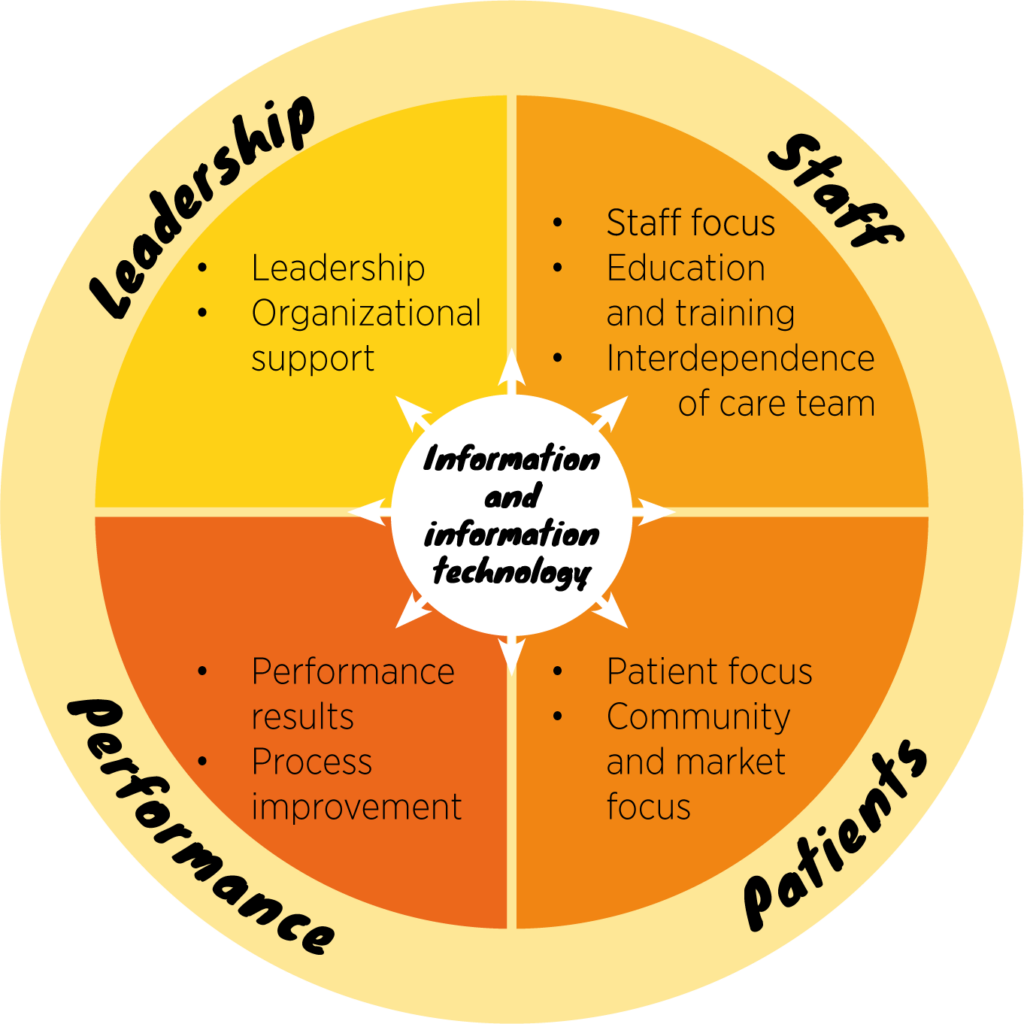What is the Microsystem Festival?
The Microsystem Festival is more than a conference. It is a warm and personal event which provides you with great opportunities to meet other people who are committed to health and social care improvement. The conference is international and we have the pleasure to introduce several exciting lecturers with roots in both theory and practice. The Festival is an international conference and a network forum that has been organised for 18 years in a row.
The Festival is intended for you as a leader, CEO, improvement coach or anyone working to improve quality in health care. The knowledge of clinical microsystems and quality improvement is advancing and the Festival now also includes an Improvement Science Day for those with a special interest in research.
What is a Clinical Microsystem?
A microsystem is a small group of interdisciplinary healthcare staff who work together with the patient in a particular clinical setting. The microsystem approach differs from team-based development in that the patient, the information and information systems, the organisation’s goals and results are considered as parts of the microsystem. Microsystems are the smallest functional units of healthcare systems and this perspective has had a large impact on the improvement work in many organisations. They are distinct from the next organisational stratum – the ‘mesosystem’ – that exists to support the microsystem’s functioning. This in turn is part of the larger ‘macrosystem’ that includes the strategic goals and functioning of the health care organisation. The knowledge and understanding of clinical microsystems are well documented and research is continuously being done.
One way of getting to know your microsystem is to study the 5Ps:
- Purpose – does the whole team have a clear, unambiguous understanding of the core function of the microsystem? How does the current work of the microsystem relate to this statement of purpose? This can help identify if the team has acquired new or additional work without appropriate planning, support or additional resources.
- Patients – what does the microsystem really know about its patients? What are the characteristics of the patients that are regularly seen? What do patients who pass through the microsystem think of the experience?
- People – what is the microsystem like from the point of view of the staff that work within it? What are their concerns, complaints and ideas for improvement? Are the skills and experience of the staff being maximally utilised?
- Processes – how does the microsystem get things done? What are the administrative, managerial and clinical routines that underpin day-to-day functioning? Are these routines sensible, systematic and efficient?
- Patterns – what data is available to help run the microsystem on a day-to-day basis? What performance information is available that could be used to highlight strengths and weaknesses?
If you want to know more about Clinical Microsystem theory, please read:
The Institute for Excellence in Health and Social Systems (IEHSS) at the University of New Hampshire:
http://www.clinicalmicrosystem.org/about/
’’Microsystems in Health Care: Part 9. Developing Small Clinical Units to Attain Peak Performance’’
Paul B. Batalden, M.D. Eugene C. Nelson, D.Sc., M.P.H. William H. Edwards, M.D. Marjorie M. Godfrey, M.S., R.N. Julie J. Mohr, M.S.P.H., Ph.D.
http://clinicalmicrosystem.org/uploads/documents/JQIPart9.pdf


